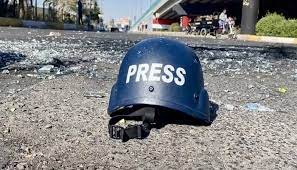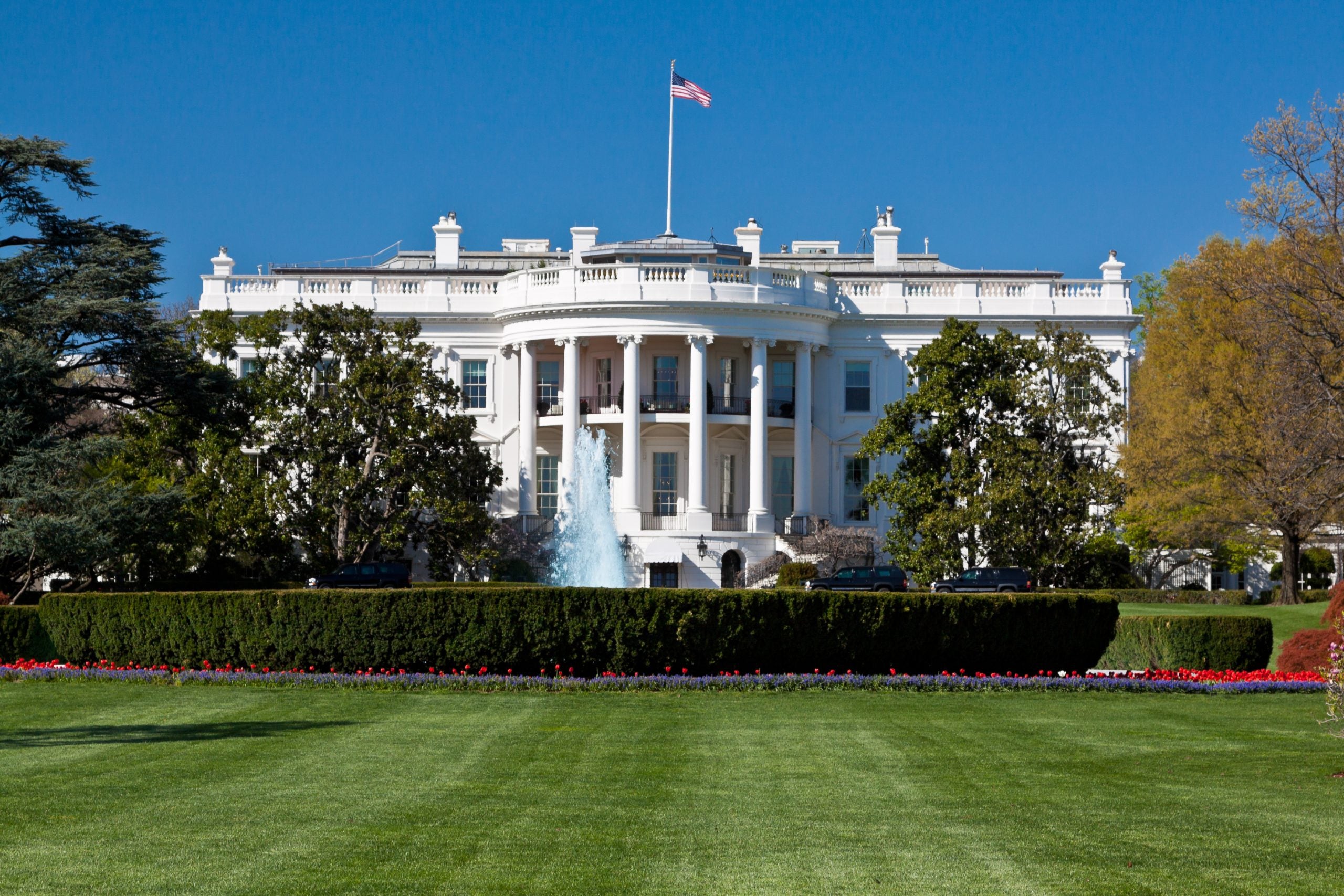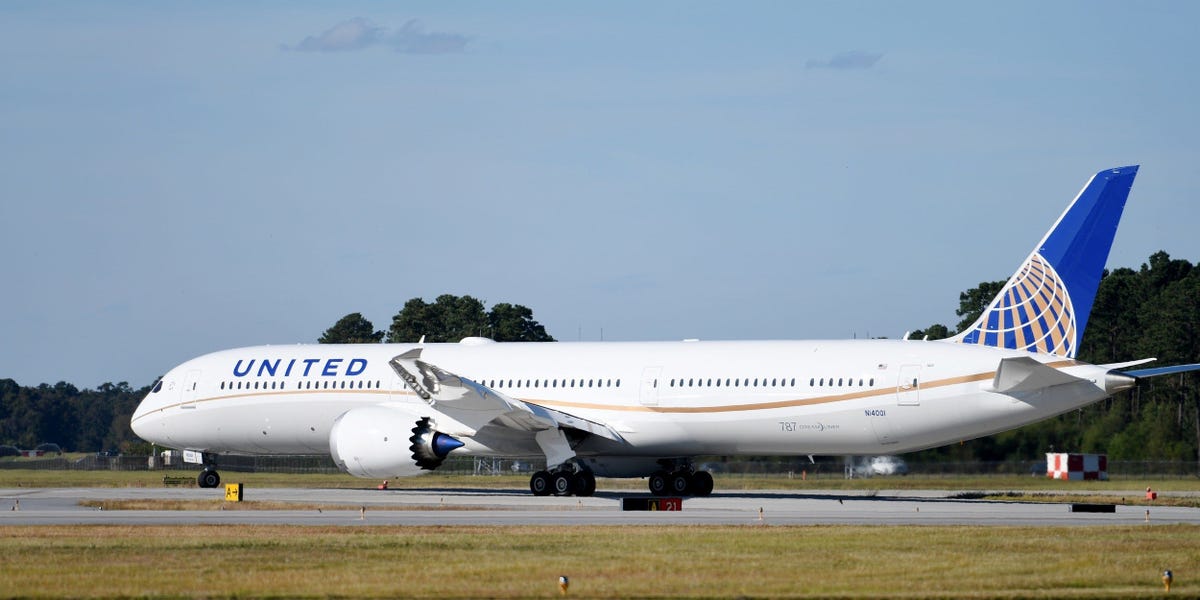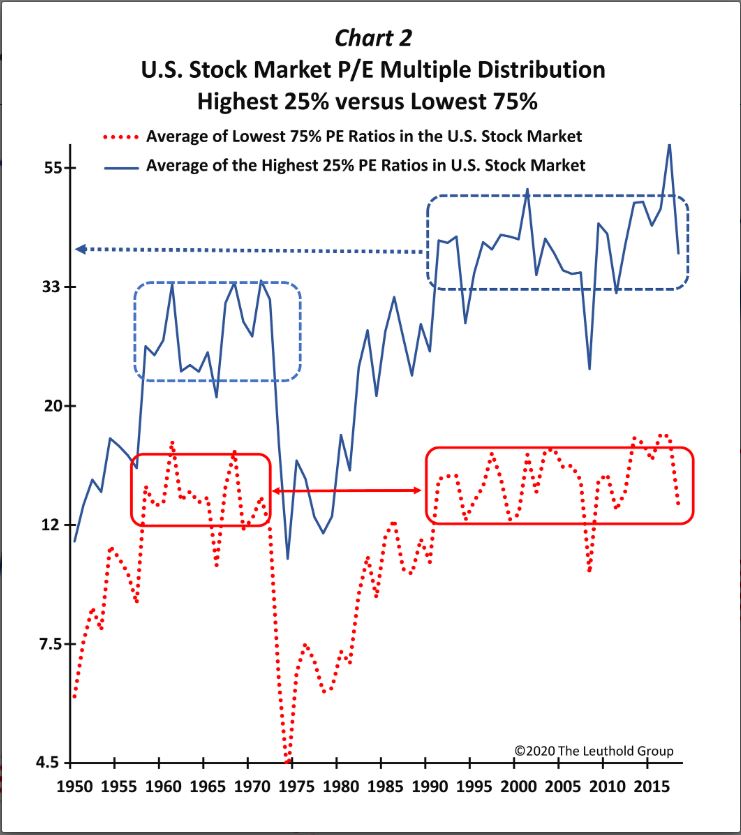Legal Battle: Trump On Tariffs And Judicial Oversight

Table of Contents
The Constitutional Basis of Presidential Tariff Authority
The legal challenges to Trump's tariffs hinged on the constitutional basis for presidential authority in trade matters. This involved interpreting the President's role in foreign affairs and the specific delegation of power through legislation like the Trade Expansion Act of 1962.
Article II and the President's Role in Foreign Affairs
Article II of the US Constitution vests the President with significant power in foreign affairs, including the power to make treaties (with Senate approval) and to conduct negotiations with foreign governments. Historically, presidents have used this authority to influence trade through various means, including tariffs. However, this power is not absolute. Supreme Court precedents, while acknowledging executive flexibility in foreign policy, consistently emphasize the importance of checks and balances.
- Examples of past presidential use of tariffs: The Smoot-Hawley Tariff Act of 1930 and various reciprocal trade agreements demonstrate the historical precedent for presidential tariff actions.
- Key constitutional clauses cited in legal challenges: Article I, Section 8 (power to regulate commerce) and Article II, Section 2 (treaty-making power) were frequently cited in legal arguments.
- Analysis of conflicting legal interpretations: The extent to which the President can act unilaterally on trade, versus requiring Congressional authorization, remained a key point of contention.
The Trade Expansion Act of 1962 and its Impact
The Trade Expansion Act of 1962 delegated significant authority to the President regarding trade negotiations and tariff adjustments. This Act provided the legal framework within which many of Trump's tariff actions were justified. However, the legal battles centered on whether Trump exceeded the scope of this delegated authority.
- Specific sections of the Act relevant to the legal battles: Section 232 (national security exception) was particularly contentious.
- Arguments for and against exceeding delegated authority: The administration argued that the national security exception allowed broad discretion. Challengers argued that this discretion was limited and improperly invoked.
- Analysis of court interpretations of the Act: Courts offered varied interpretations, some deferential to the executive branch and others emphasizing the need for judicial scrutiny.
Key Legal Challenges to Trump's Tariffs
Numerous lawsuits challenged Trump's tariffs on various grounds, primarily focusing on the "national security" justification and compliance with WTO rules.
Cases Challenging the "National Security" Justification
Section 232 of the Trade Expansion Act allows the President to impose tariffs if imports threaten national security. Trump invoked Section 232 to justify tariffs on steel and aluminum, as well as on goods from China. The legal challenges centered on the adequacy of the administration's evidence and the scope of the "national security" exception.
- Specific cases challenging the national security rationale: Several lawsuits were filed by domestic companies and foreign governments arguing that the national security justification was pretextual.
- Arguments presented by plaintiffs and the government: Plaintiffs argued that the administration's justifications lacked sufficient evidence. The government argued that it had broad discretion in determining national security threats.
- Key court rulings and their rationales: Courts offered differing opinions, with some ruling against the administration and others showing deference to the executive branch's national security determinations.
Challenges Based on WTO Rules and International Trade Law
Trump's tariffs also faced challenges under the rules of the World Trade Organization (WTO). These challenges alleged violations of WTO agreements, particularly those related to non-discrimination and the use of safeguard measures.
- Specific WTO rulings related to Trump's tariffs: The WTO's Dispute Settlement Body issued rulings against the US in several cases, finding violations of WTO agreements.
- Impact on US trade relations with other countries: The tariffs led to retaliatory tariffs from other countries, harming US businesses and escalating trade tensions.
- Analysis of the effectiveness of WTO dispute resolution: The WTO dispute settlement system faced challenges in enforcing its rulings against a powerful country like the United States.
The Impact on Judicial Review and the Separation of Powers
The legal battles over Trump's tariffs had a significant impact on the role of judicial review and the separation of powers.
The Role of the Courts in Overseeing Executive Action
The cases highlighted the inherent limitations and challenges of judicial review in trade disputes, particularly when involving national security considerations. Courts grappled with balancing the executive branch's authority in foreign affairs with the judiciary's duty to ensure compliance with the law.
- Examples of court decisions upholding or striking down tariff actions: The decisions reflected the varied approaches courts took towards deference to the executive branch on national security matters.
- Discussion of the separation of powers doctrine in this context: The cases raised critical questions about the appropriate balance of power between the executive and judicial branches in trade policy.
- Analysis of the effectiveness of judicial review in limiting executive action: The effectiveness of judicial review in checking executive power in the context of trade policy remains a subject of debate.
Long-Term Implications for Trade Policy and Presidential Power
The legal battles surrounding Trump's tariffs have had lasting implications for US trade policy and the balance of power between the executive and judicial branches.
- Predictions about future legal challenges to trade policies: Future administrations may face similar legal challenges regarding trade policy, particularly when invoking national security exceptions.
- Analysis of the impact on investor confidence and international trade: The uncertainty created by the legal battles negatively affected investor confidence and international trade relations.
- Discussion of potential legislative reforms to clarify presidential authority in trade: The need for clarifying legislation to define the limits of presidential authority in trade remains a critical issue.
Conclusion
The legal battles surrounding Trump's tariffs represent a landmark moment in the ongoing debate about presidential authority in trade and the importance of judicial oversight. The cases highlighted the complexities of balancing executive power with constitutional checks and balances. While the specific outcomes were varied, the lasting impact on the understanding of executive authority and the separation of powers is undeniable. Understanding the complexities of this "Trump Tariffs Legal Battle" is critical for navigating future trade disputes and ensuring accountability. To remain informed on further developments in this critical area of law and trade, continue to follow reputable legal and news sources covering the continuing implications of these significant cases.

Featured Posts
-
 Fortnite Maintenance Chapter 6 Season 2 Server Outage Duration
May 03, 2025
Fortnite Maintenance Chapter 6 Season 2 Server Outage Duration
May 03, 2025 -
 Ray Wsayl Alielam Alerbyt Fy Alhjwm Alisrayyly Ela Alqaflt Alinsanyt Qrb Malta
May 03, 2025
Ray Wsayl Alielam Alerbyt Fy Alhjwm Alisrayyly Ela Alqaflt Alinsanyt Qrb Malta
May 03, 2025 -
 Fortnite Chapter 6 Season 2 Release Date Time Downtime Pre Load And Battle Pass Skins
May 03, 2025
Fortnite Chapter 6 Season 2 Release Date Time Downtime Pre Load And Battle Pass Skins
May 03, 2025 -
 La Retorica Nucleare Di Medvedev E Le Tensioni Con L Unione Europea
May 03, 2025
La Retorica Nucleare Di Medvedev E Le Tensioni Con L Unione Europea
May 03, 2025 -
 White House Cocaine Found Secret Service Investigation Concludes
May 03, 2025
White House Cocaine Found Secret Service Investigation Concludes
May 03, 2025
Latest Posts
-
 Faa Staff Walkout Causes United Airlines Flight Cancellations In Newark
May 04, 2025
Faa Staff Walkout Causes United Airlines Flight Cancellations In Newark
May 04, 2025 -
 Harvards Tax Exempt Status Presidents Strong Warning Against Revocation
May 04, 2025
Harvards Tax Exempt Status Presidents Strong Warning Against Revocation
May 04, 2025 -
 United Airlines Newark Flight Cancellations After Faa Staff Walkout
May 04, 2025
United Airlines Newark Flight Cancellations After Faa Staff Walkout
May 04, 2025 -
 Harvard President Tax Exempt Status Reversal Would Be Illegal
May 04, 2025
Harvard President Tax Exempt Status Reversal Would Be Illegal
May 04, 2025 -
 Why Elevated Stock Market Valuations Shouldnt Deter Investors Bof A
May 04, 2025
Why Elevated Stock Market Valuations Shouldnt Deter Investors Bof A
May 04, 2025
